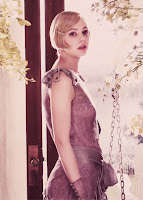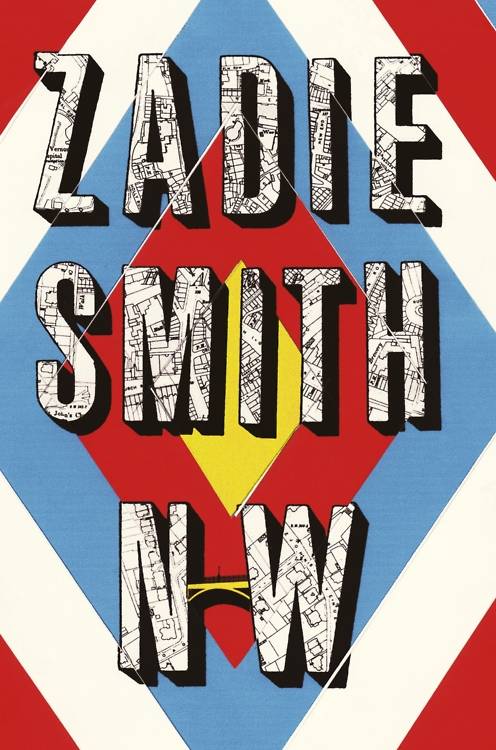After a quick google search, I found out that Mr Haddon was speaking from experience: he graduated from Merton College, Oxford in.... English Literature. Perhaps if anyone went to see him speak, or have more insight into the context in which he was speaking, let me know. But I was... mystified. After all, I'd say about 90% of kids sat in Literature seminars have or have had writing aspirations. I went to the University of East Anglia, whose alumni include Ian McEwan, Kazuo Ishiguro and Anne Enright, and is stuffed to the concrete ceilings with novelistic and poetical talent; so it's possible I'm a little biast.
But it did lead me to contemplate what Haddon meant. And I came up with my own shoddy list of why an English degree could hinder writers (whether or not I believe it is a different matter.)
Your own work will never be good enough.
I can't even read a passage of Nabokov without feeling that sharp, sweaty pang of intense envy that the man can write better in his second language that I could ever dream up in my first. I can't imagine how it would feel to someone who must sit down at a desk, searching for words with every writer they've ever admired breathing down their necks.You are hyper-aware of your reader.
A writer sitting down at their desk will more often than not have their reader's expectations weighing heavily on them. Every passage will be poured over and reworked for maximum impact (unless you're Jack Keruoac. No-one wants that.) And if you have an English degree, you'll read for meaning and possibility; you'll wonder, how will someone receive this? Will they get this reference? Oh god, what if it comes off as pretentious? What if someone will a poor grasp of irony gets hold of this.....THESE ARE ALL WASTED WORDS. Score through, start again, another cup of coffee. PANIC.
You've spent an ungodly amount of time reading THEORY
If you've done any Humanities based subject, just reading that line will provoke nausea. 'Theory', like perms, power shoulders and Bananarama had its hey-day in the eighties: and although its arguably done a lot more for the world than the aforementioned things, it's also generated some very bad things.
For example, I once sat in a Medieval Writing seminar. We were all sat around, giving our reasons for taking the module. (Mine was, they made me do it, and I sulked all term.) One particular pain in the arse piped up, rolling-papers and tobacco in hand, with a smug expression: 'I want to explore the effects of post-structuralism on Geoffrey Chaucer.' Yes, some very bad things have come of theory. And Mr/Ms Writer BA(Hons) English Literature will be very aware of it, and of people like Monsieur Poststructuralist, who'll be smoking roll-ups, trying to impress girls with your novel in hand.
I'd love to round up some of my fellow English graduates, and not-fellow successful writers like Zadie Smith, Philip Pullman and Martin Amis to get their take. And then, I'd hand over to Carol Anne Duffy (Philosophy), J.K. Rowling (French and Classics), and, if I could resurrect him, John Keats (Medicine), and get their take on it.
What do you think? Are you a writer with a Maths degree? Are you an English Grad who thinks that Mark Haddon's talking rubbish?
(I think he is. I struggled with this article.)





